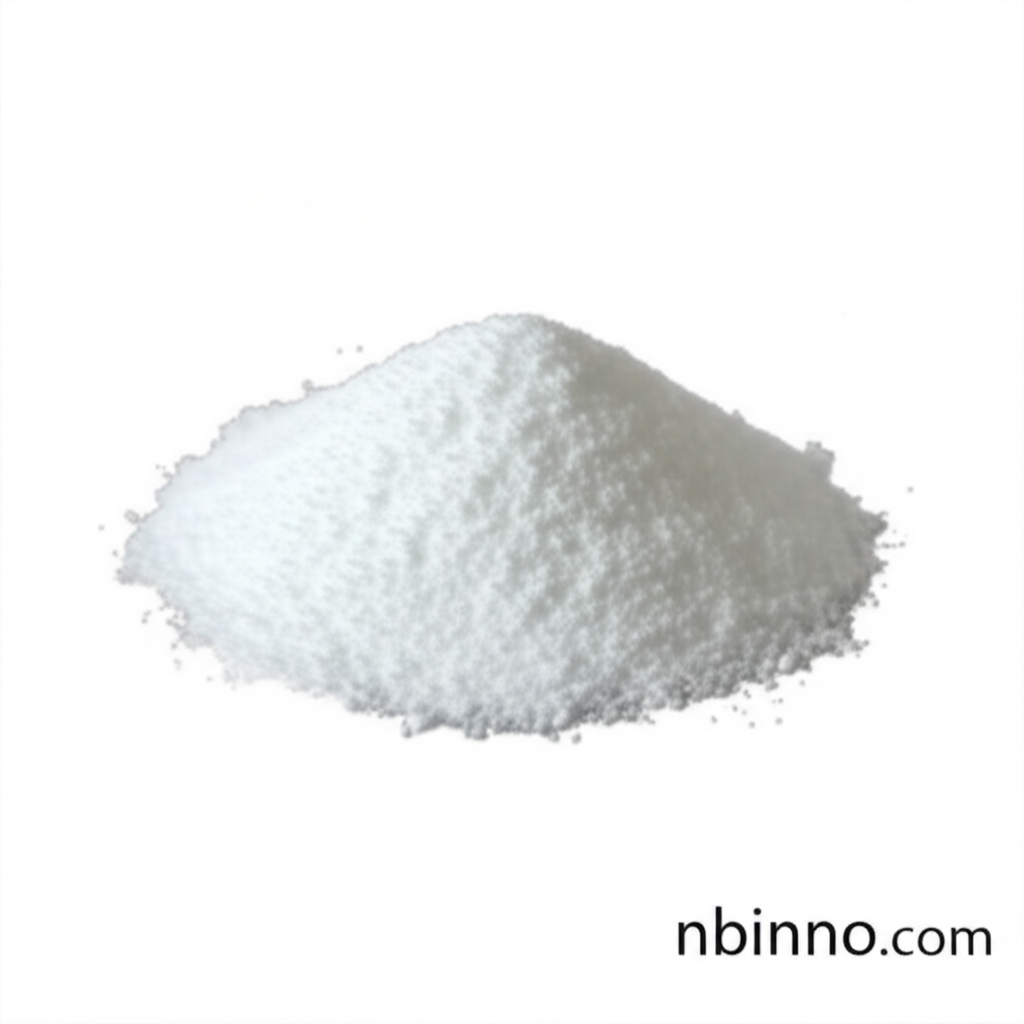N2-Phenylacetyl Guanosine: A Pharmaceutical Intermediate with Antiviral and Anticancer Potential
Explore the properties and applications of N2-Phenylacetyl Guanosine, a vital compound in pharmaceutical research and development.
Get a Quote & SampleProduct Core Value

N2-Phenylacetyl Guanosine
N2-Phenylacetyl Guanosine is a critical pharmaceutical intermediate known for its potential in developing novel therapeutic agents. Its chemical structure and properties lend themselves to significant applications in antiviral and anticancer research, making it a valuable compound for drug development pipelines.
- Discover the role of N2-Phenylacetyl guanosine in pharmaceutical intermediate synthesis, understanding its contribution to creating advanced drug candidates.
- Learn about N2-Phenylacetyl guanosine properties, including its high purity (u226599.0%) and presentation as a fine white to off-white powder, essential for precise pharmaceutical formulations.
- Investigate the potential of N2-Phenylacetyl guanosine antiviral activity, a key area of research for combating viral infections.
- Explore the promising anticancer applications of N2-Phenylacetyl guanosine, as it demonstrates the ability to inhibit DNA and RNA synthesis in various cancer cell lines.
Advantages Offered
High Purity for Reliable Research
With a purity assay of u226599.0%, N2-Phenylacetyl guanosine ensures reliable and reproducible results in complex pharmaceutical synthesis and research, minimizing unwanted side reactions.
Versatile Pharmaceutical Intermediate
As a key intermediate in drug development, N2-Phenylacetyl guanosine enables the synthesis of a range of therapeutic compounds, particularly those targeting viral diseases and cancer.
Potential Therapeutic Efficacy
The compound's demonstrated ability to inhibit DNA and RNA synthesis points to its significant potential as a foundation for developing potent antiviral and anticancer agents.
Key Applications
Drug Synthesis
N2-Phenylacetyl guanosine serves as a crucial building block in the synthesis of various pharmaceutical drugs, contributing to the creation of innovative treatments.
Antiviral Research
Its ability to interfere with RNA synthesis makes it a valuable compound for research into new antiviral therapies, addressing unmet medical needs.
Anticancer Development
The inhibition of DNA synthesis by N2-Phenylacetyl guanosine positions it as a promising intermediate for the development of novel anticancer drugs targeting cell proliferation.
Biochemical Research
As a modified nucleoside, it finds application in broader biochemical research, aiding in the study of cellular processes and molecular mechanisms.
